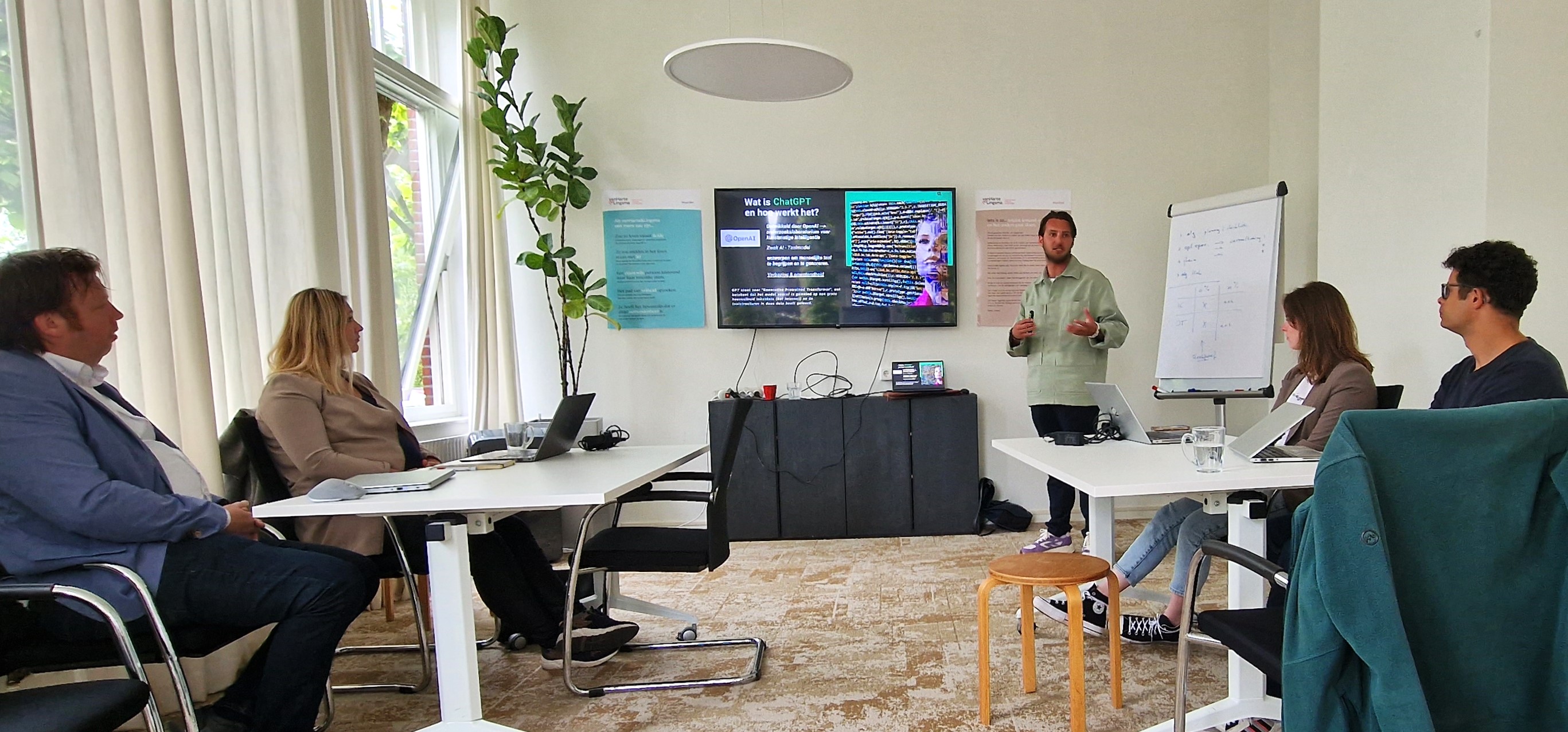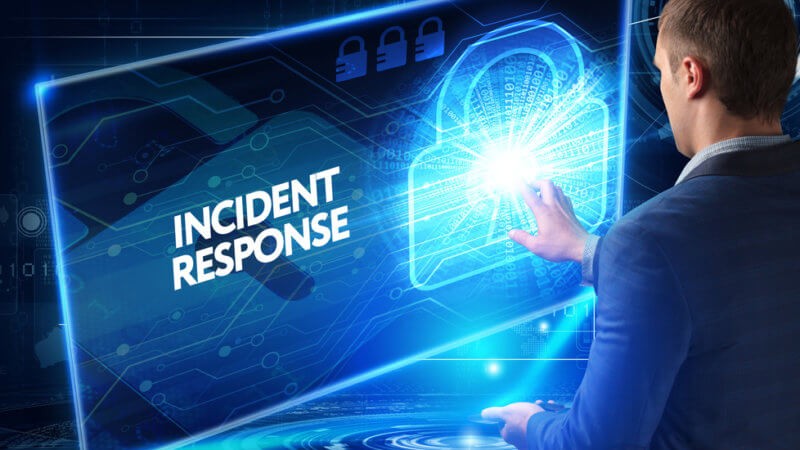The urgency of cybersecurity in the remote work era
Importance of cyber hygiene
You can compare your password hygiene to hand hygiene in a hospital; one moment of carelessness can have severe consequences. Tools like NeoSecurity and Bolden James can help maintain the integrity of your passwords and other security credentials, but ultimately it falls on the individual user to be vigilant.
The cost of negligence
A recent study has shown that a single cybersecurity breach costs companies an average of $3.86 million. This sum not only includes direct costs like fines and technical recovery but also indirect costs like reputational damage and loss of trust.
The bigger picture
The implications go beyond just the business world. Cyberattacks can threaten national security and, in some cases, even cost lives. Think of attacks on critical infrastructure like power grids or healthcare systems.
Securing your digital workspace is no longer optional but an absolute necessity. Tools like Clearswift,titus, and vera offer different levels of protection, from data classification to managing email threats, and are crucial for a comprehensive cybersecurity strategy.
A detailed look at cybersecurity tools
In an era where cyberattacks are more the rule than the exception, the use of advanced cybersecurity tools is no longer a 'nice-to-have' but a fundamental necessity. In this section, we delve deeper into some of the tools we use at Korper and discuss the benefits of each.
Neosecurity: comprehensive security
neosecurity is a versatile tool offering a wide range of cybersecurity features, like firewall management, network monitoring, and intrusion detection. It is an essential addition to any modern cybersecurity arsenal.
bolden james: data confidentiality and integrity
This tool specializes in protecting sensitive data and offers multiple layers of encryption and authorization. If you deal with customer data or other sensitive information, Bolden James can help maintain its integrity.
clearswift: email security at its best
Email remains one of the most common attack vectors for cybercriminals. Clearswift focuses on scanning and filtering incoming and outgoing emails to protect you against phishing, malware, and other email-related attacks.
titus and vera: data classification and management
These tools assist in classifying, labeling, and securing data. This classification allows for policies to dictate who has access to what kinds of information, reducing the risk of an internal data leak.
By combining these tools, you can set up a robust cybersecurity architecture that goes beyond merely deterring attackers. It enables you to be proactive, mitigating any risks before they escalate into a full-blown crisis.
Practical implications and future trends
Having covered the crucial cybersecurity tools and their functions, it's time to look at practical applications and future trends in this area.
cybersecurity in practice
The mentioned tools are not just theoretical concepts; they have a daily impact on business operations. For example, with NeoSecurity, you can get real-time insight into network traffic, allowing for quicker detection of unauthorized access attempts. Bolden James helps facilitate compliance with regulations like GDPR, while Titus and Vera enhance internal data security.
cybersecurity in a post-pandemic world
In a world increasingly reliant on digital technology, especially post-pandemic, the need for robust cybersecurity solutions will only grow. Businesses investing in advanced security measures now will be better prepared for the challenges of the future.
emerging trends: aI and machine learning
The role of artificial intelligence (AI) and machine learning in cybersecurity cannot be ignored. These technologies enable cybersecurity tools to recognize patterns and act proactively, enhancing the overall effectiveness of security measures.
the implications for you
For IT professionals, and even for those outside this field, understanding these tools and trends is not just a "nice-to-have," but a "need-to-have." Cybersecurity affects us all, and by equipping yourself with the right knowledge and tools, you can play an active role in securing your digital environment.
Cyber safety: your action plan for the future
We've covered a wide range of topics, from the importance of cybersecurity to specific tools and emerging trends. We've emphasized why both IT professionals and those without technical backgrounds need to be aware of these topics.
taking the right steps
Having advanced tools is only half the story. The other half is knowing how to use them and understanding their impact in an increasingly digital world. Whether you're in IT or outside of it, it's crucial to apply this knowledge to protect yourself, your colleagues, and your business.
Your cyber safety: an ongoing process
Remember, cybersecurity is an ongoing process requiring attention and regular updates. Keep yourself up-to-date with the latest developments and make sure your tools are up-to-date.
Conclusion
In today's digital world, it's not a question of if you'll encounter cybersecurity, but when. Being prepared is half the battle, and with the right knowledge and tools, you can make that preparation concrete. Investing in your cybersecurity knowledge now prepares you not just for today's challenges but also for those of tomorrow.



